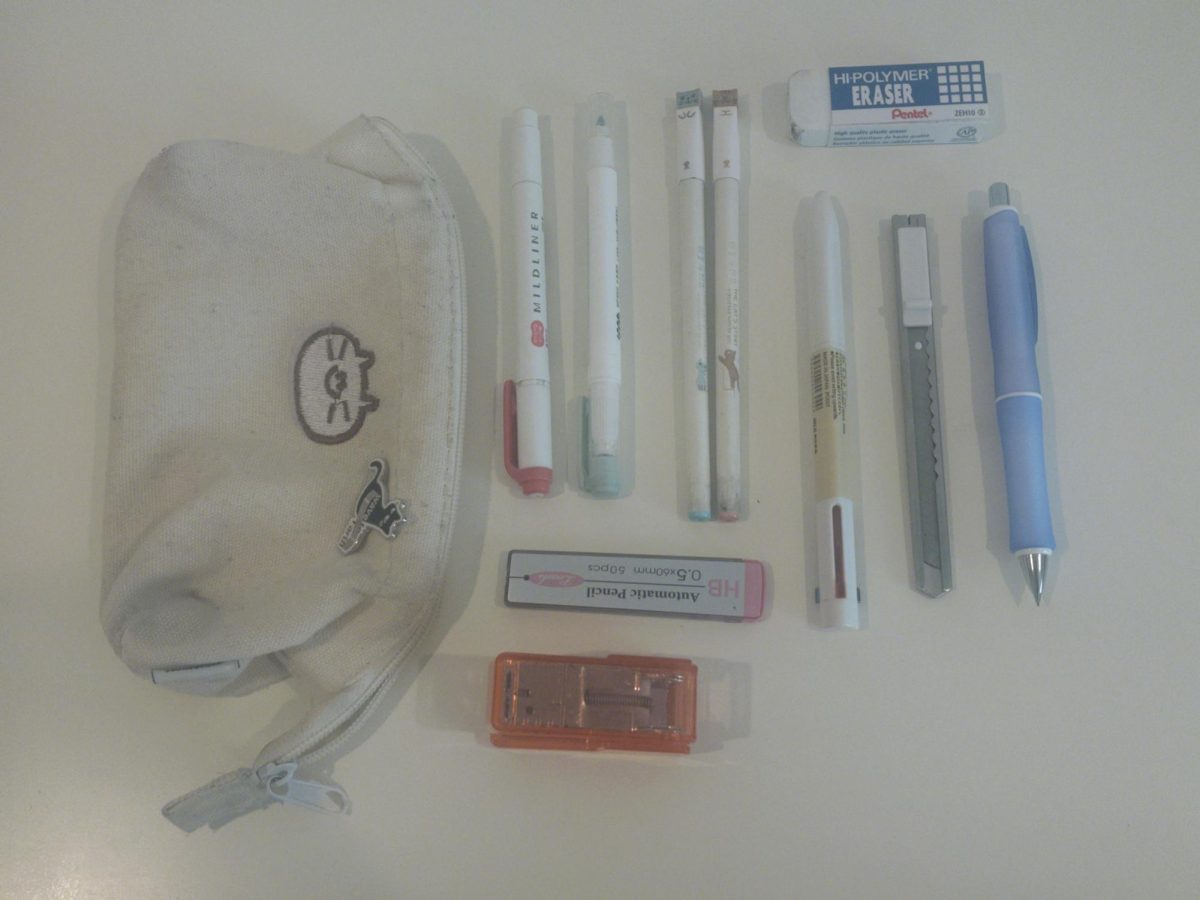On Nov. 30, five current and former Yale students filed a lawsuit against Yale University alleging that school officials discriminated against students suffering from mental health issues. In one example from the lawsuit, officials recommended that Hannah Neves, a student recovering from a suicide attempt, drop out without a medical notice or be involuntarily removed from the school.
According to the Daily Pennsylvanian, the official student publication at the University of Pennsylvania, at least 14 Penn students have taken their lives from 2013 to 2018. There’s a common denominator in all these situations: Instead of trying to help students who are battling mental health problems, many Ivy Leagues instead resort to kicking them out of the school — a weak and harmful solution.
In the process of looking for a college to apply to, major points of consideration for applicants are the school’s reputation, academics and teaching quality. However, another factor which is just as important is how the college actually treats and values mental health.
Ivy League schools regularly push students with mental health problems to take leaves of absence. When these students do decide to give their minds a break, however, many colleges instill additional steps into their process in order to prevent students from returning to school easily.
At Yale, for instance, students trying to return after leaving due to mental health issues must submit two letters of recommendation, a personal statement and a reinstatement application form. While this was supposedly implemented to ensure the safety of returning students, such a lengthy process comes across as unaccepting and even discriminatory against the mentally ill.
Colleges are often vague about why they enforce such policies for students struggling with their mental health. The effect of these mental health policies, however, is that colleges wish to tell students who have any mental health history that they aren’t welcome back. If their goal is to lower the percentage of mentally ill students on their campus to make their statistics look better, they are succeeding thus far.
Instead of hiding away from the pervasive issue of mental health and only addressing it when the issues are brought to light, schools should be accepting of mental health problems and promote more programs to help their students.
Because of flawed business-oriented models, many colleges’ main concern is ultimately their reputation and bottom line, not their students’ well-being. By reducing the number of students with mental health issues on their campus, the university appears to be a school with positive student health.
Since a “poor mental health” reputation can result in a lower yield rate and can negatively affect the school’s rankings and overall reputation, universities try their best to artificially manipulate their numbers at the expense of their struggling students.
While Yale claims to have improved its policies for medical emergencies, officials’ refusal to be considerate toward mental health-related problems persists.
To its credit, Yale has removed the mandatory interview that returning students had to pass, but the process required to take a break from an elite school is unnecessarily tedious and seems to purposely discourage students from taking a leave.
Even though mental health is an issue among other non-Ivy League schools as well, its effects are drastically more pronounced in Ivy Leagues. According to Surviving Ivy, Ivy students may be up to three times more anxious than the average student because of their schools’ stressful environments. In researcher Miriam Heyman’s paper “Mental Health in the Ivy League,” which graded student mental health levels at each Ivy League, no school scored above a D+.
Harsh treatment toward these struggling students certainly makes matters worse. Instead of accepting and acknowledging their students’ issues, most Ivies treat mental health as an inconvenience.
Mental health problems don’t just exist in Ivy League schools, but many are exacerbated through their teachers’ and peers’ high expectations of them. Students who find themselves underperforming in an overly harsh environment have no way of focusing on self-improvement and learning. We see this issue at ever-competitive Saratoga High too. Constantly comparing ourselves to others — in terms of test scores, grades, extracurriculars and more — only promotes a less healthy culture. Applying to prestigious colleges is tempting. Getting in and choosing to commit to said college is even more so. However, before applying to the most prestigious colleges that come to mind, students should consider existing rankings for ivy league’s mental health and ask themselves: “Is this really the environment I want to spend my next four years in?” and “If I do spend my next four years here, do I have a safe place/way to recharge/vent mentally?”




























